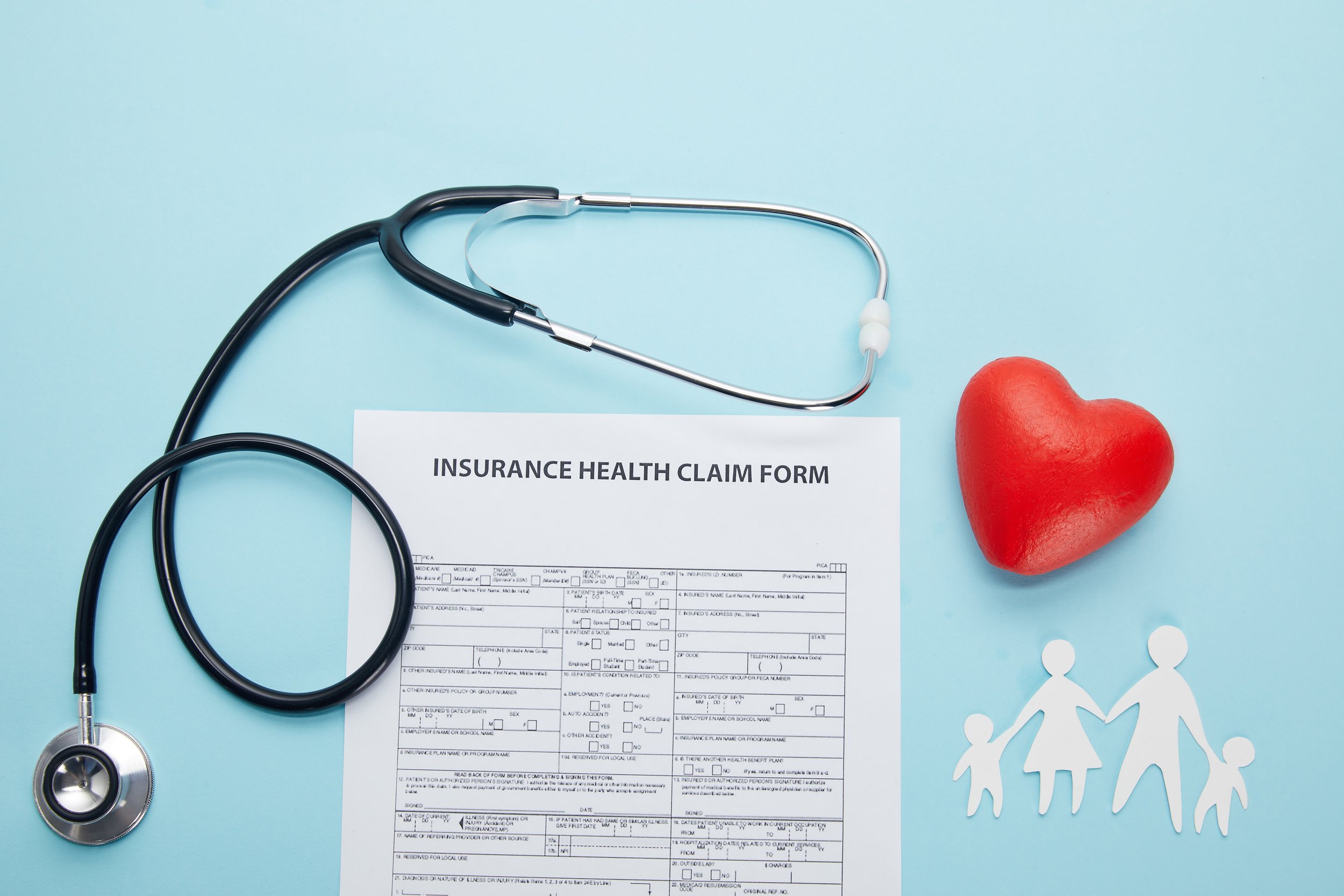Does Health Insurance Cover Vein Treatments?
Varicose veins are notorious for the twisted blue veins they cause, but varicose veins don’t just cause cosmetic concerns. They also cause medical issues. Varicose veins can cause aches, heaviness, cramping, and they can increase your risk of blood clots and ulcers on your legs and ankles.
Other vein issues, such as spider veins, are less symptomatic but pose more of a cosmetic concern.
Do your spider veins and varicose veins cause medical or cosmetic concerns? The answer to this question is important not only for your health (so you can get the right treatment), but it also helps the insurance companies determine the coverage as well. Regardless of your answer, our team of expert providers at Vein Institute treats varicose veins and spider veins, but you may wonder if health insurance will cover those treatments or not.
Here’s what you need to know about health insurance and vein treatments.
Medical Necessity versus Cosmetic Appeal: What Will Insurance Cover?
One of the main contributing factors when it comes to insurance coverage is if vein treatments are a medical necessity or not. Typically, health insurance companies do cover treatments when they are a medical necessity. Even though you may seek treatment initially for medical reasons, you can still benefit from the aesthetic perks of vein treatments.
On the other hand, if vein issues are purely cosmetic 一 in which the vein issues don’t affect your health and well-being 一 aren’t necessarily covered by insurance. Not sure if your vein issues are medical or cosmetic in nature? If you have spider veins and varicose veins, we recommend contacting a vein specialist at the location nearest your home to explore your options.
What Does “Medical Necessity” Mean?
According to the National Association of Insurance Commissioners, “medical necessity” is a term used to describe a test or treatment that helps to diagnose, treat, cure, or alleviate symptoms related to a health condition. To be considered a medical necessity, a treatment must be necessary, appropriate, and within the standards of care. This also explains why many insurance companies want you to try less invasive treatments before jumping right to surgery.
When it comes to vein issues, the criteria that most health insurance companies base their coverage approval on are:
If the condition caused painful and/or annoying symptoms, such as heaviness, cramping, achiness
If a diagnostic imaging test revealed a poorly functioning vein (this is then considered documented venous reflux)
Track record of previous treatments that haven’t delivered satisfactory results (e.g., you’ve tried diet and exercise but vein issues still persist)
Medical necessity helps explain why coverage can vary so much from person to person.
How Much Will Treatment Cost?
“How much will vein treatments cost” is often asked in conjunction with “Does my health insurance cover vein treatments?”. That’s because if you have insurance coverage, it doesn’t mean you won’t have out-of-pocket expenses.
When it comes to vein treatment, your specific medical costs vary from plan to plan with the biggest cost-determining variables being:
The medical necessity (or lack thereof) of your vein issues
Which type of health insurance plan do you have e.g., HMO or PPO
If we are in-network or out-of-network with your plan
What type of treatment you have (surgery versus minimally invasive versus conservative treatments such as compression stockings)
Some insurance plans will also help pay for compression stockings.
Currently, we participate with:
Aetna ™
BlueCross BlueShield ®
Cigna ®
ConnectiCare ®
HuskyHealth Connecticut
Medicare
Multiplan ®
Cigna + Oscar
United Healthcare
If you don’t see your plan, call us at 203-426-5554 to see if we're in your plan’s network.
What If You Don’t Have Insurance… or What If Your Treatment Isn’t Covered?
Vein Institute offer discounted rates for self-pay as well as CareCredit 一 with no-to-low interest financing options 一 to help you get the care you need. Even if you don’t have health insurance, you might still benefit from treatments for varicose veins, restless syndrome, and other vein issues.
Get the Vein Care You Need
Does treatment 一whether that’s compression stockings, sclerotherapy, radiofrequency ablation, or VenaSeal ™ or ambulatory phlebectomy 一 for your varicose veins qualify as a medical necessity? Whether you visit our Fairfield, Newtown, or Shelton, Connecticut location, you can count on a comprehensive and educational consultation in which we’re more than happy to answer all of your questions including the medical coverage you can expect.
Call the nearest Vein Institute location or book your appointment online.




